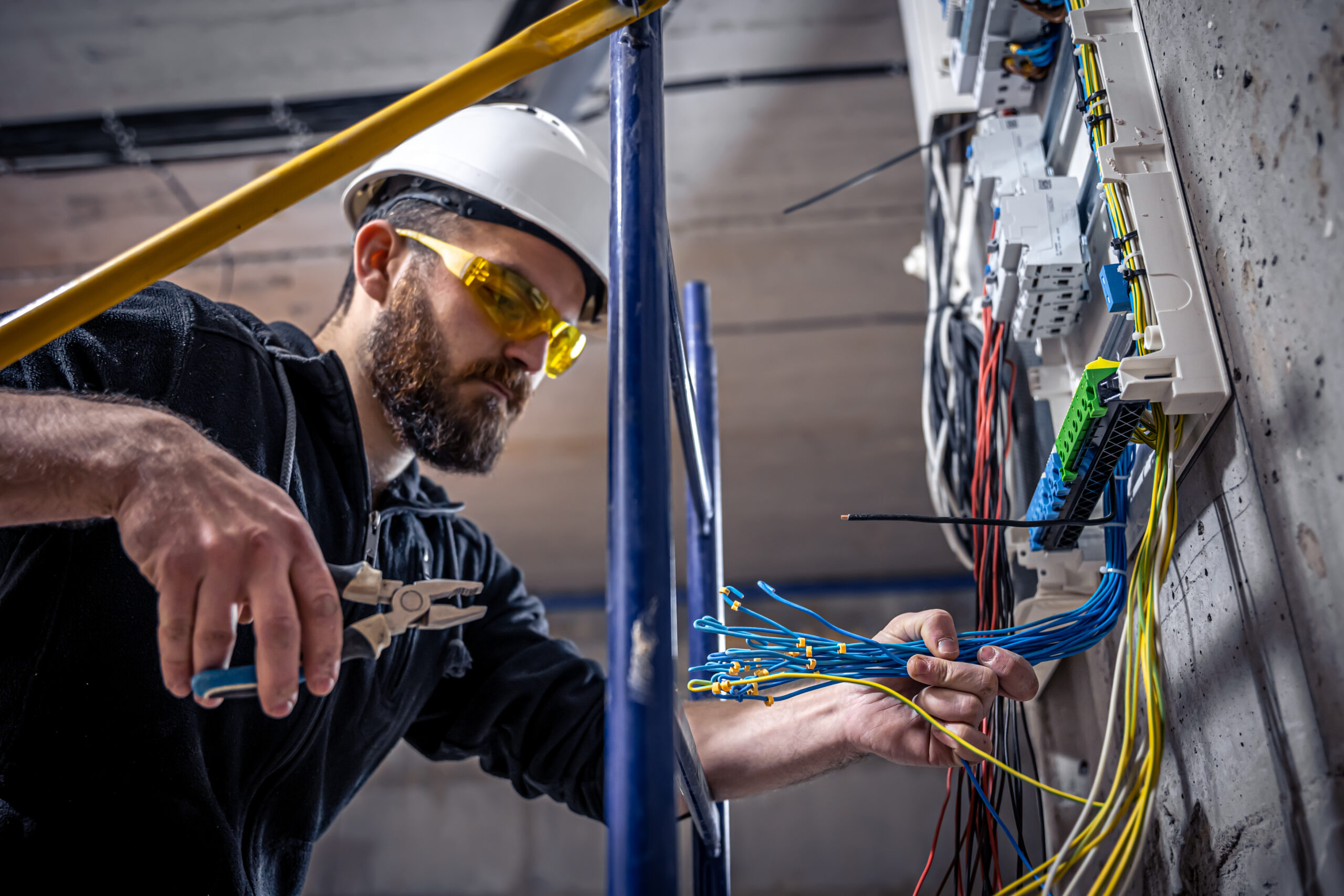TRADE NEWS
This is where we share updates from across the trade industry, along with tips, ideas, and lessons we’ve learned from working with thousands of trade businesses every day.
Stay up to date
Our Newest Posts
Find exactly what you need
Browse the archive
The guides everyone uses
Most Popular
Powered Now Blog
Practical tips, tools, and insights to help trades run more profitable businesses.
Everything you need to
run your trade business
Start your free trial to experience the difference today
14-day trial, no card required










